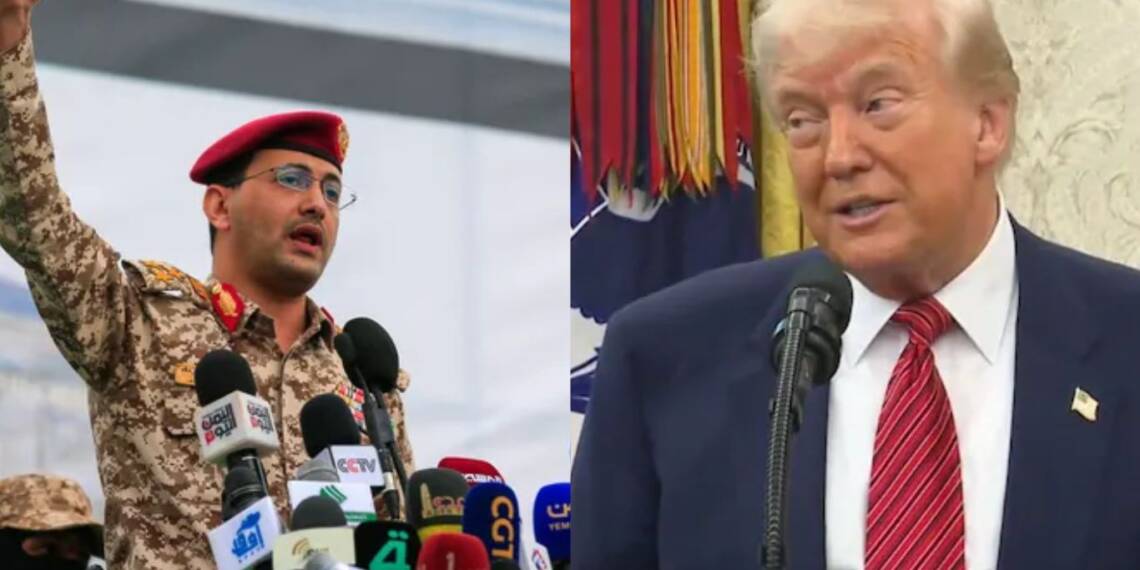A ceasefire deal has been made between Yemen’s Houthi rebels and the US, with Oman acting as a mediator. The deal has temporarily stopped Houthi attacks on American ships in the Red Sea. Although the exact terms are unclear, it’s seen as a way for the Trump administration to claim a win by making the sea route safe for shipping again. These attacks had been used to justify US military strikes in Yemen since March.
Analysts say the Houthis only agree to a ceasefire when they are under heavy military pressure, and this was likely to avoid further damage. The US has launched over 1,000 strikes, killing many Houthi fighters and destroying key military assets.
This ceasefire also comes just before Trump’s trip to Gulf countries, where he’ll first visit Saudi Arabia. The US is also talking to Iran about its nuclear program, and since Iran supports the Houthis, the deal may help reduce tensions.
According to analyst Daniel Shapiro, Trump wanted a break in the conflict so he could show progress during his trip and help the nuclear talks with Iran. He called the deal a small but useful victory, as the Houthis promised not to attack US ships.
Trump credited US airstrikes for forcing the Houthis to negotiate. He said the group took “tremendous punishment” but kept their word, so the US would honour the deal, too.
The ceasefire was also influenced by Saudi Arabia’s pressure on Iran to stop the Houthis from attacking ships. But experts warn the ceasefire may not last long. The Houthis are likely to use the pause to regroup, get more weapons (helped by Iran’s IRGC), and prepare for future attacks, especially from East Africa.
One expert said the Houthis could resume attacks in the future — not right away, but eventually, and by then they’ll be stronger and harder to defeat.
Meanwhile, the Houthis claimed a kind of victory, since the ceasefire doesn’t stop them from attacking Israel, which they started doing last year in response to Israel’s war in Gaza. The group’s spokesperson said their stance on supporting Palestinians hasn’t changed.
Iran supported the ceasefire but still criticized the US for its role in the Gaza war. Iran praised Yemen’s people for standing by the Palestinians.
Recently, the Houthis successfully hit Israel’s main airport with a missile, which disrupted flights and showed weaknesses in Israel’s defenses. Israel responded with major airstrikes on Yemen’s capital airport, causing heavy damage.
Some observers note that the US did not tell Israel about the ceasefire deal in advance, which raises concerns that the two allies might not be on the same page. Analysts warn that if the US ignores Houthi attacks on Israel, it could lead to more violence and instability in the region.
Finally, experts say that for peace to last, the US must work with regional partners and Yemen’s southern government to weaken the Houthis’ military power, especially by cutting off their access to the Red Sea.








